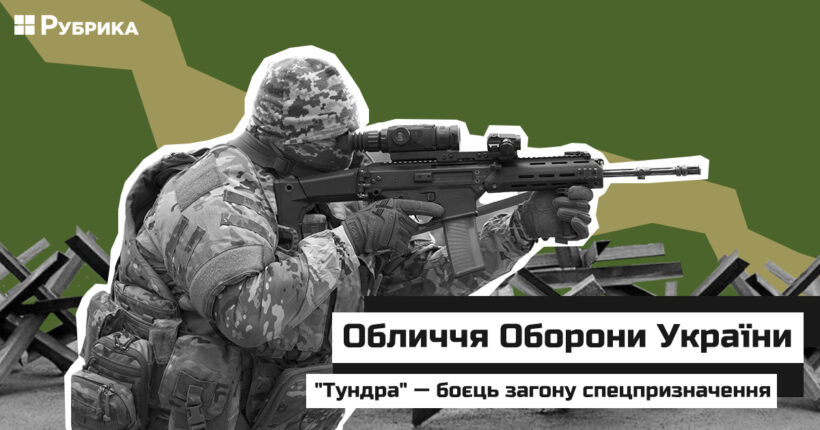
The intelligence officer tells frankly about the needs of the Ukrainian army, how the psychological portrait of the enemy has changed, and why coming to war unprepared is the biggest crime. "The choice to fight was conscious, and later, it changed his whole life."
In this article from the Faces of Ukraine's Defense series, Rubryka will talk about the knowledge that saves Ukrainian soldiers and why the most crucial thing in war is not to lose touch.
Armor, armor, and more armor!
The service member remembers how, from the first days of the war, the defenders had to fight on transport that was absolutely not intended for military operations. He remembers how they rejoiced at any cars that somehow appeared in their possession: given as a gift, handed over by some companies, or private individuals. The military themselves were engaged in the conversion of civilian transport for military needs:
"Then we understood that there was no other way. As they say, all's fair in love and war."
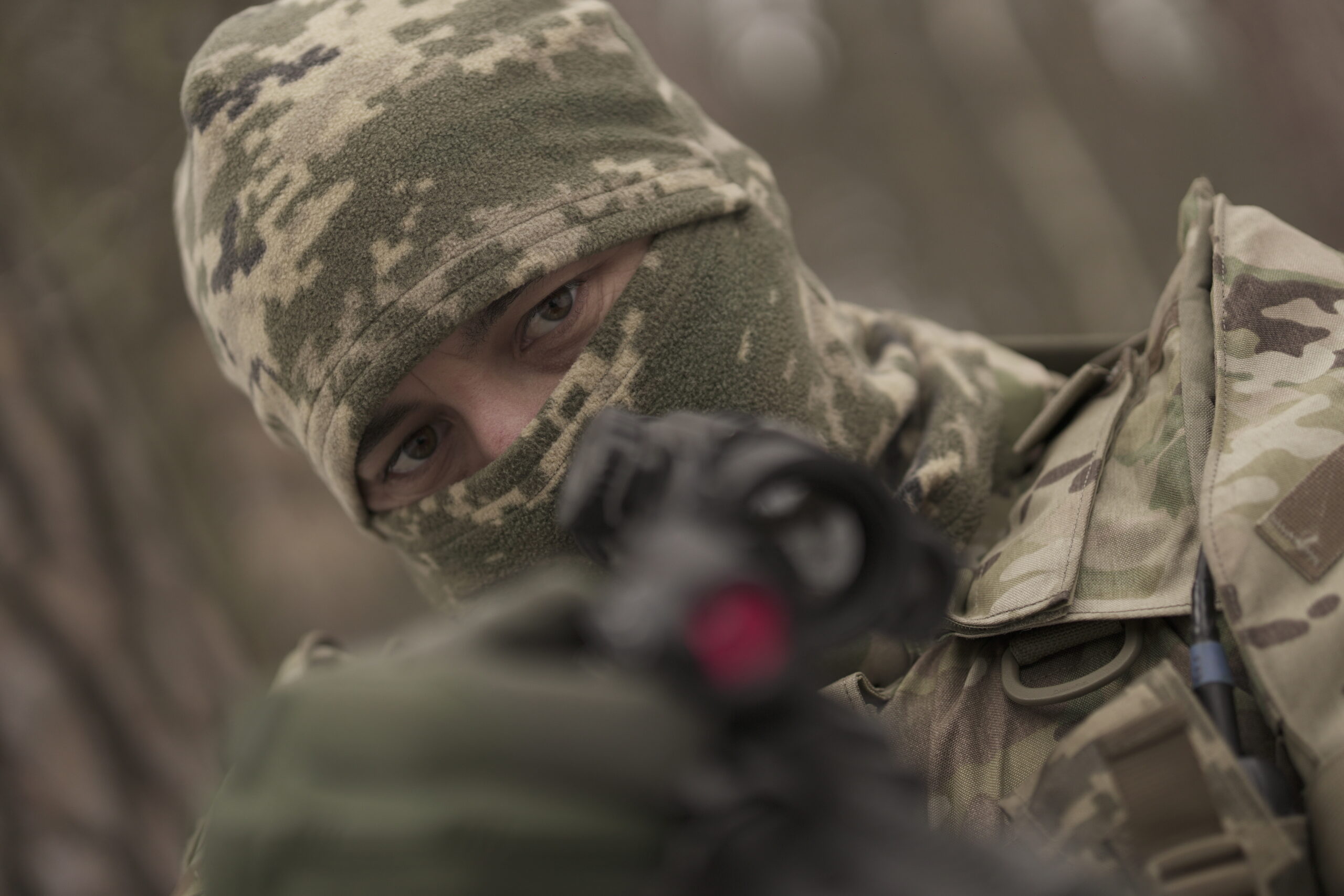
However, the war quickly proved that special military transport protects the personnel heading to the positions and during the execution of combat tasks.
"When the roads are under enemy's fire control, defenders very often die or get injured solely because there is no armor," the special officer states.
Tundra says there are many cases when armored vehicles like Humvees save lives. Ordinary cars cannot withstand fire from mortars or anti-tank missiles and get completely destroyed, so the surviving soldiers must get to a safe place on their own.
"That's why we need armor, armor, and more armor!" emphasizes Tundra.
Birds on the front line: eyes and weapons
"Mavic-3 drones are our eyes, fire adjusters, assistants in everything, and weapons. Many devices have already been developed for them, which can carry ammunition from the simplest grenades to thermobaric, cumulative, and ultra-complex projectiles with a high degree of damage. They are our irreplaceable helpers," Tundra shares his practical experience.
Means of aerial reconnaissance were in service with the Ukrainian army from the first days of the war. Initially, the saturation of units with them was quite low: "People often had to be risked to obtain the necessary information for adjustment, to identify the enemy, to identify their positions, equipment, weapons, movement, and so on."
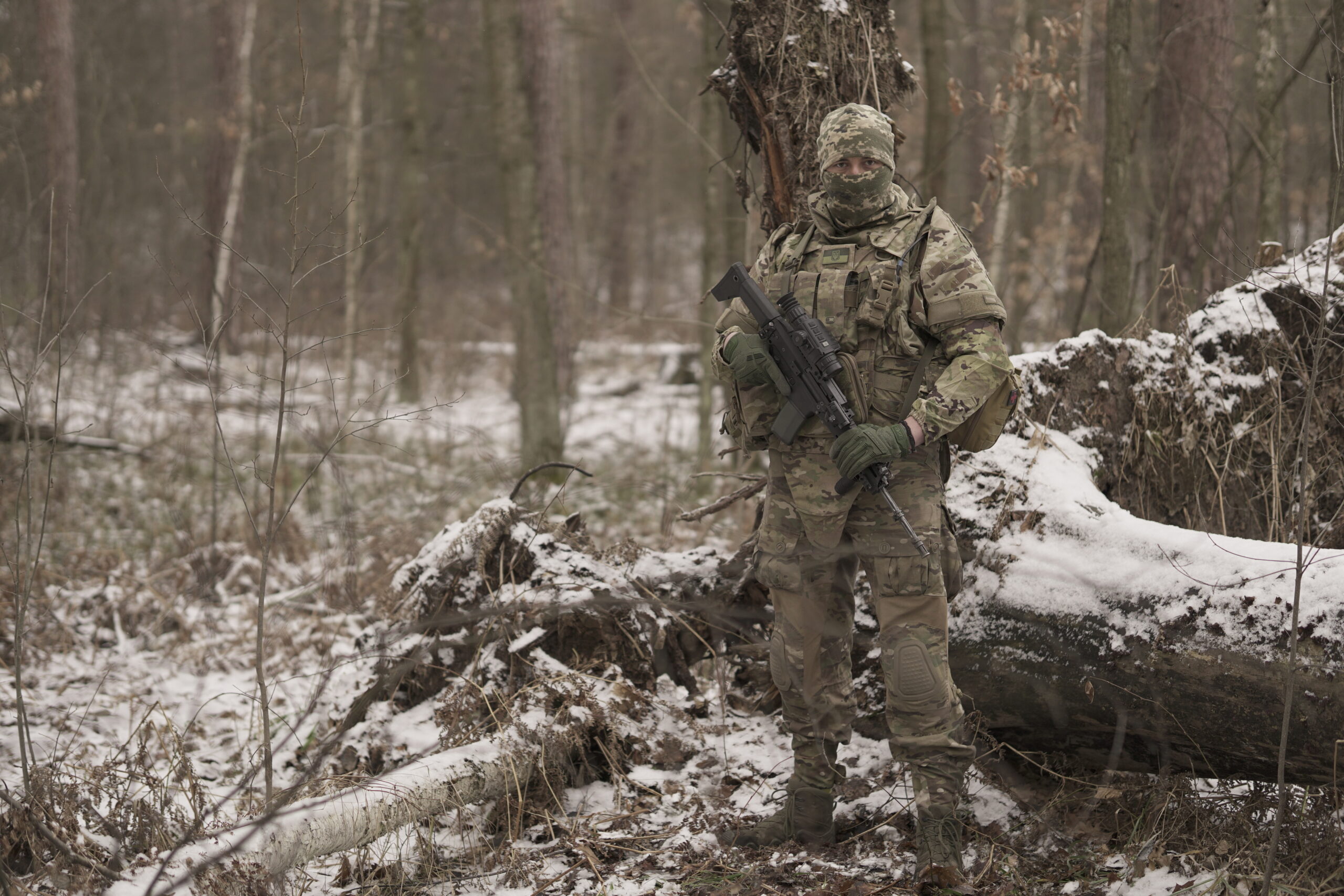
The military member notes that Mavik-3 drones, and not others, are currently being used on the front lines. They provide the most stable connection and are efficient in speed and communication because they are equipped with high-quality cameras.
Fighters lose such drones, which they call "birds," every day. The soldiers joke among themselves that Maviks are like ammunition loads, of which there should be at least three sets daily. After all, a Mavik drone is equipment that can be lost due to a mistake or the enemy's use of powerful radar stations. Without satellite communication, such a drone can simply crash or come under fire from its own armed forces. Scouts calculated that the battalion should have at least fifty drones a month.
In general, Mavik-3 drones are scouts, and Mavik-2 are shock mechanisms. Scouts work from the nearest positions of the front edge to the ways of accumulation of the enemy, the ways of movement of any equipment and ammunition, and to detect the fire means of the enemy. The depth of the drone's flight, depending on the direction of the front, can be up to four kilometers.
"Without the "birds" at the front, all other means that are in service with the Ukrainian army would not have, in my opinion, even 50% of their effectiveness," sums up Tundra.
The biggest crime is to come unprepared
Tundra recalls how he prepared for the war and spent money to buy the necessary ammunition and training. Convinced, even if it wasn't, the first thing he would do when he got into the war was start studying everything that surrounds him now. The price of such knowledge is life.
"There is such a good saying, and I keep it as a prayer: in war, there are three causes of death. The first is a crime, the second is a mistake, and the third is fate. Unfortunately, the most common is a crime — when unprepared people call unprepared people to war and do not prepare them for war," states the service member.
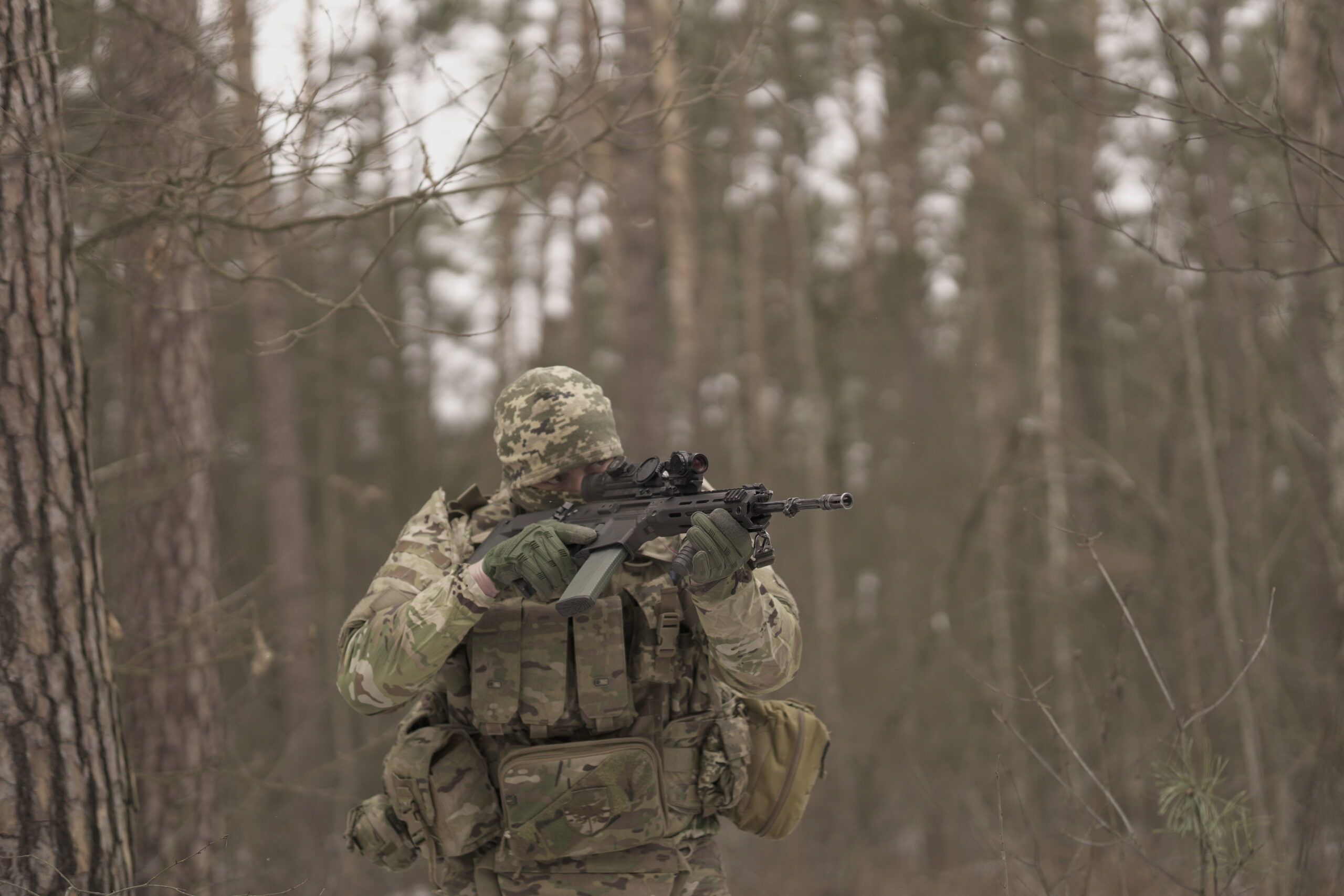
He says he met many who mobilized and did not consider it necessary to engage in self-training, thinking that someone should do it for them.
Sharpening even already acquired skills saves lives: "Many movements are reflexive. If your body learns to respond correctly to any situations that may await you, you can survive. It's seconds, maybe fractions of seconds, but it's true."
Tundra convinces: everyone can develop in military affairs, having access to methodical information from open sources of the battalion. One has to take what they give you. After all, the enemy also learns.
According to the military, the enemy cannot be underestimated. And the portrait of the russists has changed since the beginning of the war. They are just as aggressive, just as hateful, just as mad. But they don't want to die, so they study.
"I saw with my own eyes how an artillery shell hits a cluster of these less-than-humans, and they are forced to go further on the offensive. Because at home, after the retreat, a very unpleasant punishment awaits them," comments Tundra.
The intelligence officers say that those who refuse to advance are shot and tortured by their own. Therefore, they learn and strive to act better than before.
Ukrainian armed forces fight back because they work in harmony. A lot has changed since the beginning of the war. Thanks to the technical means and intelligence of the military, it was possible to build interaction and communication in the armed forces. This allows divisions to share roles, goals, and responsibilities. Everyone does their own thing — planned, coordinated, and effective.
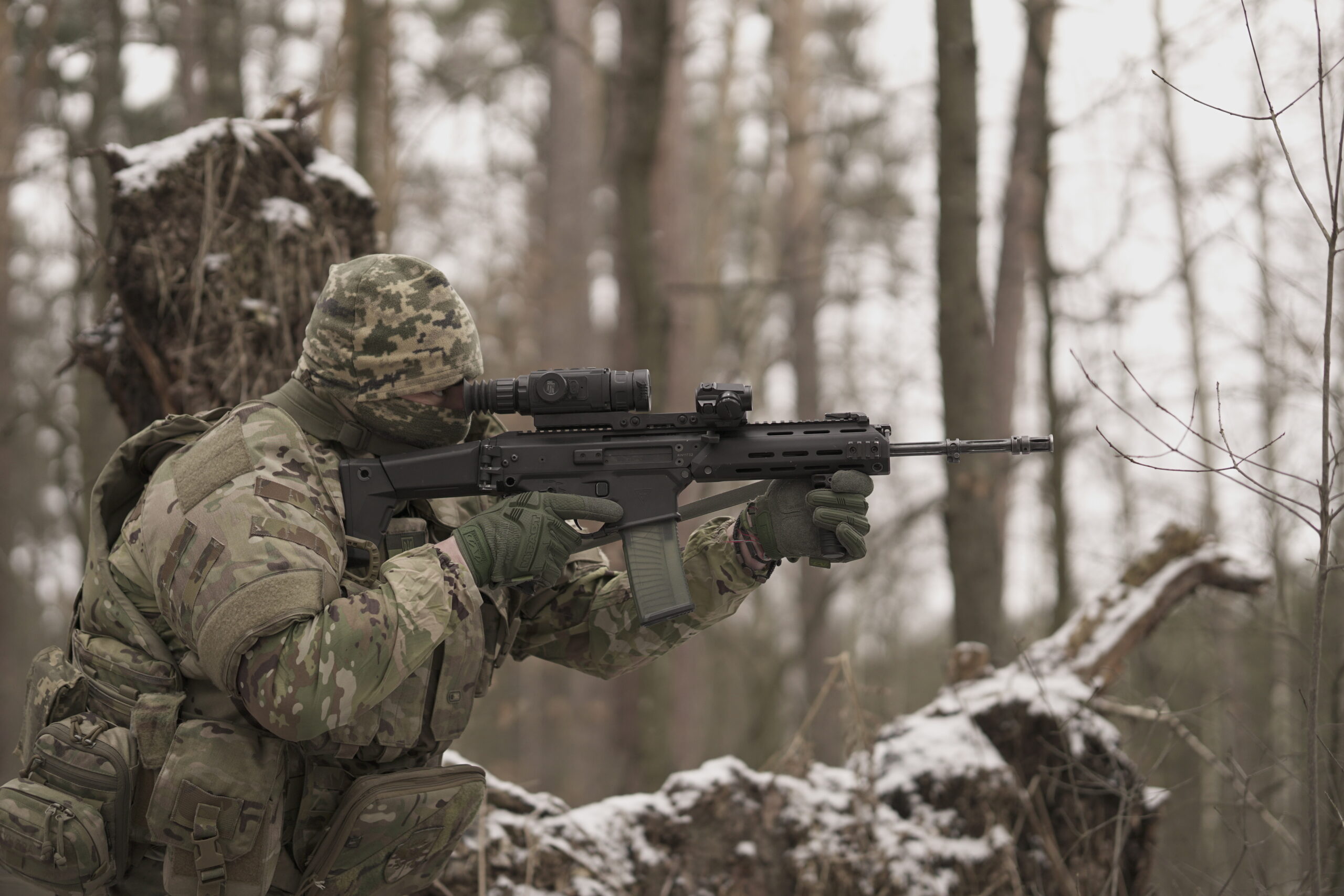
Ukrainians are always indomitable
Military personnel must know that the hell they see on the front lines daily is the enemy's deterrent line, and behind them is the peaceful life of their Motherland.
"I want to remind our nation, our citizens, that the war is not over. We can rejoice; we are happy that there are places in Ukraine where we are free. But the war is not over. You shouldn't get used to it, ignore it, not help. It is necessary to rally with even greater strength, to remember what we were like in the first days of the war when everyone was a soldier. Only then will Ukraine win! When every military action will have support in the rear!"
Author: Iryna Poliska, call sign Uma Turman

"Krym" defending Bakhmut: a serviceman stands against those who stole his home

"If I don't write about torture now, I write about death," story of journalist who escaped from Mariupol






